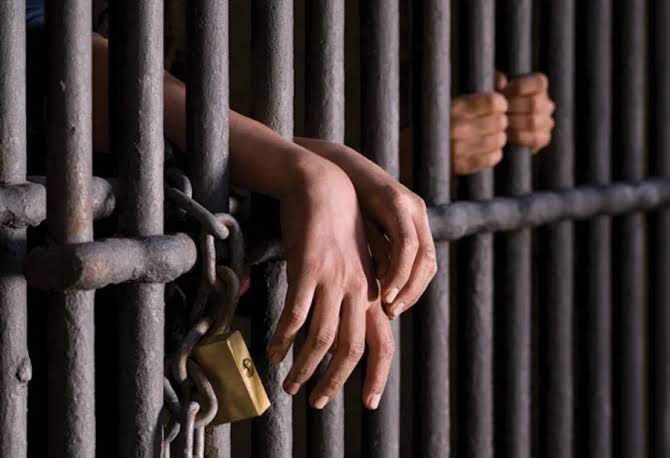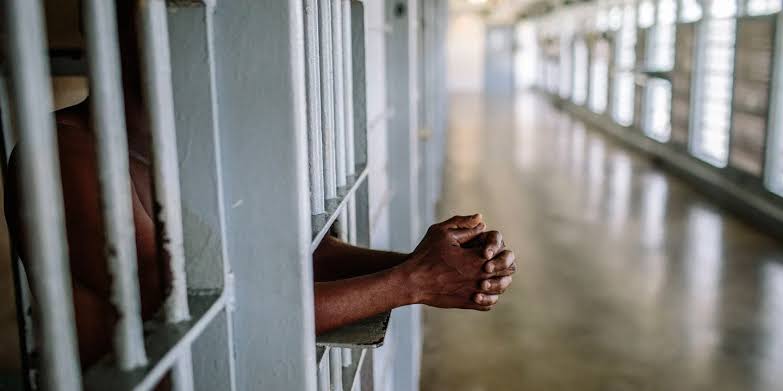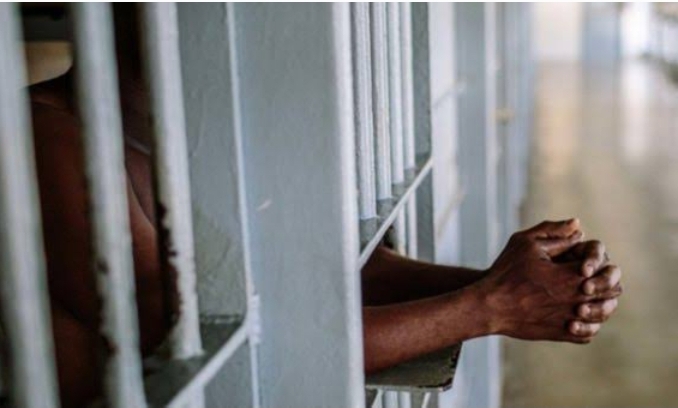…urge FG to decongest correctional centres, juvenile prisons
The Federal Government has been urged to take extra measures in reducing the number of Nigerians languishing in jail without trial or conviction, while the Sokoto government has been tasked to investigate over 40 minors who are reportedly facing the same fate in the state-run remand house.
The call follows an investigative report in Sokoto supported by the MacArthur Foundation and published by various media organizations, including Daily Trust Newspaper.
Recall that over 50,000 inmates are awaiting trial across correctional custodial centres despite the Minister of Interior, Dr. Olubunmi Tunji-Ojo, and stakeholders securing the release of 4000 inmates last year.
Investigative journalist Abdulwasiu Olokooba explained the plight of minors awaiting trial in the Caliphate state during a radio programme, PUBLIC CONSCIENCE, produced by the Progressive Impact Organization for Community Development, PRIMORG, on Wednesday in Abuja, stressing the need for the government at all levels to establish special courts to address the problem.
Olokooba noted that 80 percent of the children in the Sokoto remand house have never gone to court because of the lack of resources, inadequate information, poverty, and no proper facilities.
He revealed that while working as an undercover reporter, about 40 children in the Sokoto remand facility, most of them out-of-school children (Almajiris), were raided during police operations. Lamenting that instead of the state government looking for solutions to the problem of Almajiri, “they use the police to keep them inside the cell without any meaningful reason.”
He stated that the ugly trend of minors being left to languish at remand homes is prevalent across the country, insisting that the government and the justice system must raise their responsibility and ensure people are not treated unfairly and inhumanely.
“This problem of children rotting away in juvenile prison is everywhere in Nigeria. There is a need for the Nigerian government and government at all levels to establish special courts to address the danger in the real sense because 80 percent of these children have never gone to court because of a lack of resources, poverty, awareness, and no proper facilities.
“So the government should establish special institutions for these people that should be taking care of them. They should stop treating people like animals. Even if they are criminals, there should be plans for rehabilitation.
“This investigation made me realize that even though the Sokoto child protection law provides for the children’s criminal system, none of these provisions were being followed or recognized by the state officials.”
Olokooba further disclosed that even some children convicted and required to pay fines remain incarcerated because they cannot pay N5,000 to N20,000 fines. In some cases, their families are not aware of their whereabouts.
When asked how many children were still awaiting trial in the Sokoto remand house, he said, “As people are leaving, people are coming in. The last time I went, there were about 47, and we were able to release about 6 of them, but if you go there today, the number is increasing,” Olokooba lamented.
The Executive Director of Care for Legal Assistance and Human Rights Protection (CLAHRP), Barr. Sunday Adaji also called on the Sokoto state government to urgently set up mobile courts that will try juvenile offenders on the spot while urging the federal government to decongest custodial centres across the country more by ensuring full implementation of the Administration of Criminal Justice Act (ACJA).
Adaji frowned at the prolonged detention of children in Sokoto’s remand house, stressing that the development was not right.
“Section 35 subsection 5 says that anyone is presumed innocent until found guilty. It is completely wrong. I need to add that these are some things that the Administration of Criminal Justice Act was enacted to correct, but unfortunately, we are not implementing these laws.”
He noted that the findings of the investigation aligned with a recent report of the Nigerian Correctional Service (NCoS), which says that over 70 percent of inmates are persons awaiting trial.
“Thousands of Nigerians in prisons are awaiting trial. Awaiting a trial means that they are not being brought to court for trial, and there are many reasons for that: first and foremost, it can be excessive remand from the magistrate where the magistrate feels like they should remain in remand until they can meet up with bail conditions.”
On decongesting custodial centres across the country, Adaji advised that “the Administration of Criminal Justice Act should be domesticated by all states – as it only applies to Abuja and Federal courts.
“If all states domesticate this Act, I can assure you that in no distant future, we will not have a lot of people in prisons,” he stressed.
On her part, PRIMORG’s Programme Manager, Dr. Adaobi Obiabunmuo, joined calls for governments at all levels to go the extra mile to ensure that Nigerians are not detained for an extended period without trial and conviction.
Obiabunmuo questioned the rationale for keeping children in remand homes without trial and why the justice system is not utilizing non-custodial means to punish lesser offenses.
“The courts are overwhelmed; they give more attention to political cases. The government should do more. Presidents and governors should visit the remand homes once in a while to have a real grasp of the situation.
“Many people steal a lot of money in this country, and nothing is done; they don’t even detain them for a one-minute talk less than sending them to correctional centres. But when innocent people are sent to these centers, they come back worse.
“We plead with the government to please make these correctional centers work well to make it beneficial to the country in general, “ Obiabunmuo stated.
Public Conscience is a syndicated weekly anti-corruption radio program, PRIMORG, that draws the government’s and citizens’ attention to corruption and integrity issues in Nigeria.
The program runs in partnership with the MacArthur Foundation.






